Countryside code – love your outdoors
On your camping trip, you are likely to spend a lot more time out in the countryside than usual, so here’s our guide to following our countryside code.
Whilst it’s important to appreciate and enjoy spending time in the natural environment that surrounds you, it’s also vital to respect the people, livestock and nature you encounter.
This blog outlines the countryside code, which details how to act responsibly when spending time in the UK countryside.
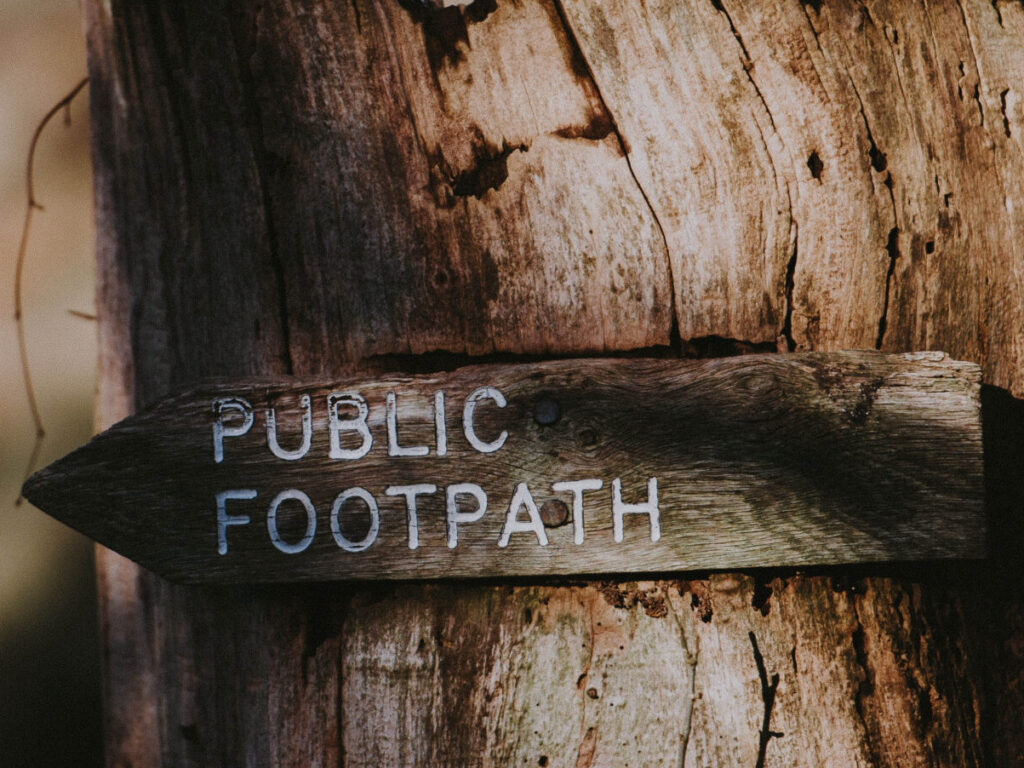
Farming and livestock
Always cooperate with those who work on and depend on the countryside. As a visitor, or someone walking through the countryside, you will often walk through farmland.
Remember to leave gates the right way: there should be a sign indicating whether they should be left open or closed.
Often, they need to be kept closed to keep livestock in, or open so that farm animals can access food and water.
Follow the guidance or instructions on signage, as they will ensure you keep livestock safe.
But, as a general rule… If you find a gate closed, then close it after you open it. If you find a gate open, then leave it open.
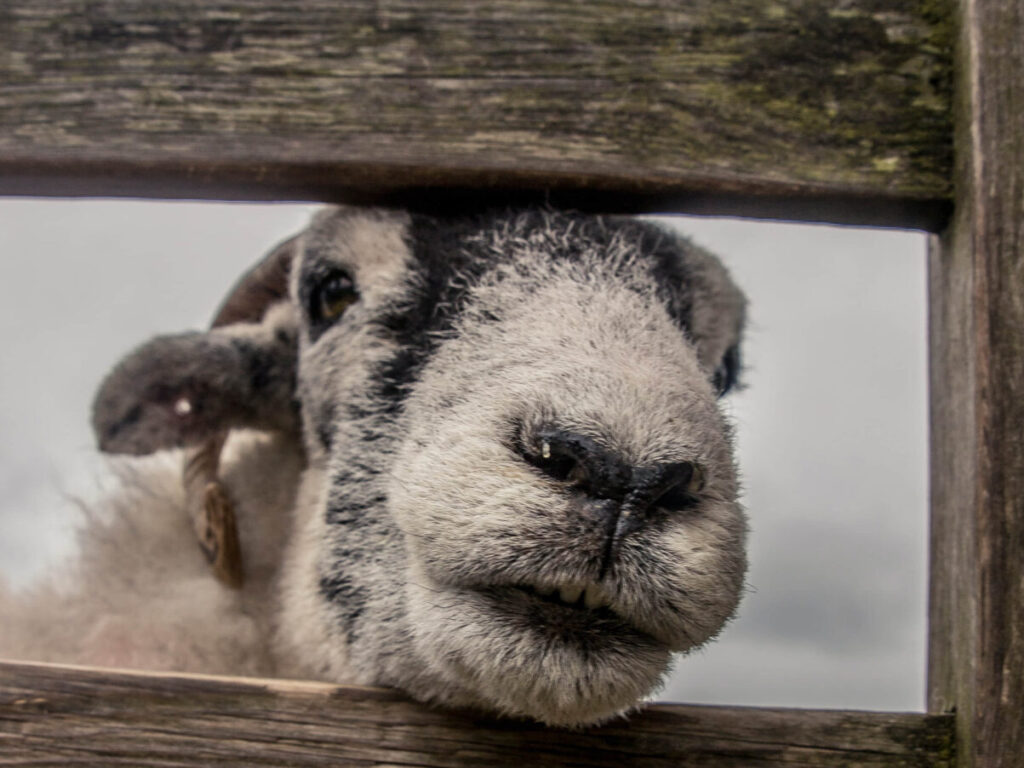
Walking with dogs
When walking through farmland, always keep your dog on the lead if signage directs you to. It’s also a good rule of thumb to keep dogs on the lead if you’re walking them near livestock, especially if you’re not confident that they will return when you command them to. Whether on the lead or not, your dog should always be kept under control and in sight when you’re walking them in the countryside.
Clear up after your dog, making sure you leave with poo bags whenever you go out with them. This isn’t just because dog poo is unpleasant, but because it can actually be very harmful for farm animals. Poo bags are one of the easiest things to forget, so I usually make sure I have one or two in my pocket.
The other way is to ‘stick it and flick it’ away from any walking paths. That way it will just biodegrade into the bushes.
For loads more tips on camping with dogs, check out Camping with the pooch.
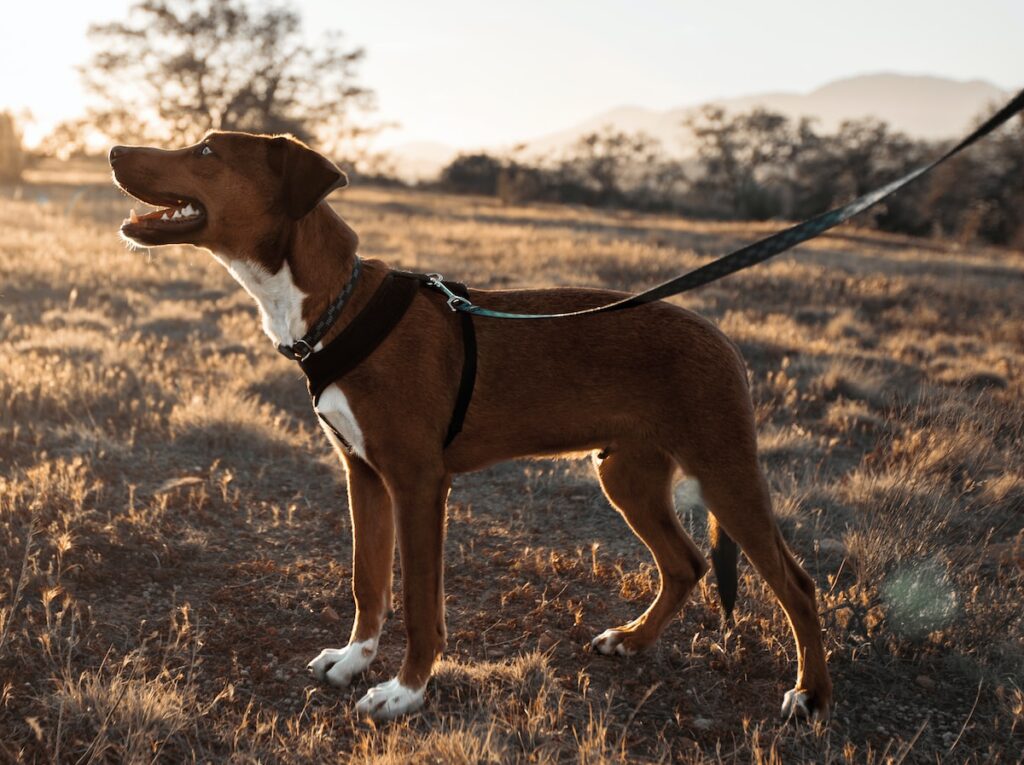
Rural roads
Drive slowly and carefully on countryside roads. You should be driving slow enough to be able to react to anyone you come across on the road, whether a pedestrian, cyclist or horse rider.
When you’re parking your vehicle, don’t park in front of gateways, paths or driveways.
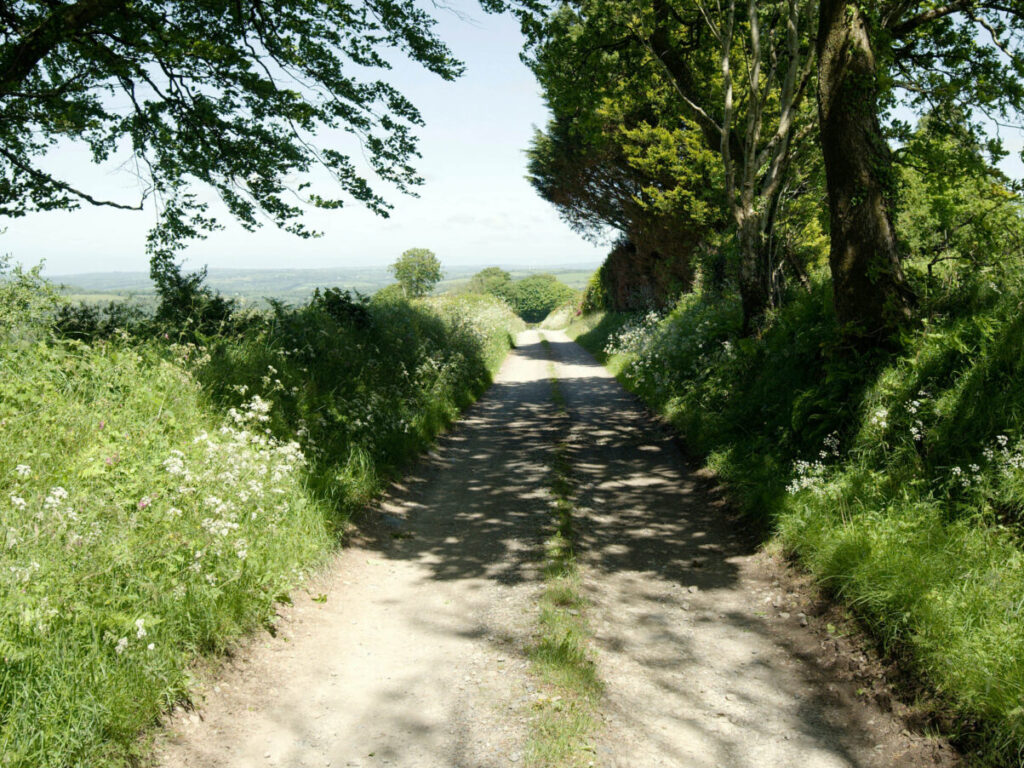
Be especially aware when driving during May, October and November, as these are months where accidents with deer are at their highest. Also, always keep an eye out for pedestrians walking on the road, as rural roads often don’t have pavements.
Look out for potholes, big branches or uneven surfaces on the road as they are also often less well-maintained.
When approaching blind bends, use your horn to let other drivers know that you’re there, also only overtake if you have to. If you do need to overtake, then never try to on a corner, when there is a side road that other road users are entering from, or if anyone is turning right.
Also try to avoid overtaking on a hill, as it takes longer to pass on an incline and could be unsafe.
You could even get stuck behind a herd of cows or flock of sheep when you’re driving on rural roads!
Waiting for the animals to pass is one option but if you do overtake them, make sure you do it slowly and don’t use your horn or rev your engine so as not to scare the animals.
Cycling and walking on country roads
If you are cycling on a bridleway, it’s also important to slow down or stop for walkers, horses and livestock.
On roads, be assertive and let the car behind you know if it isn’t safe for them to overtake. If you would like more tips then check out Essential Bike Safety When Camping, which also includes guidance on how to stay safe when cycling on rural roads.
Respecting the countryside on foot
Always stick to signs and marked paths to make sure that you don’t trespass on private land, unless you see the sign that states you have open access, which means you can explore away from paths.
Take all your litter home with you and leave any property or outdoor areas exactly as you found them. To make this easier, why not bring a bag to put all your rubbish in. Dispose of your rubbish in recycling bins where possible.
Remember that littering is illegal and is also dangerous for livestock.
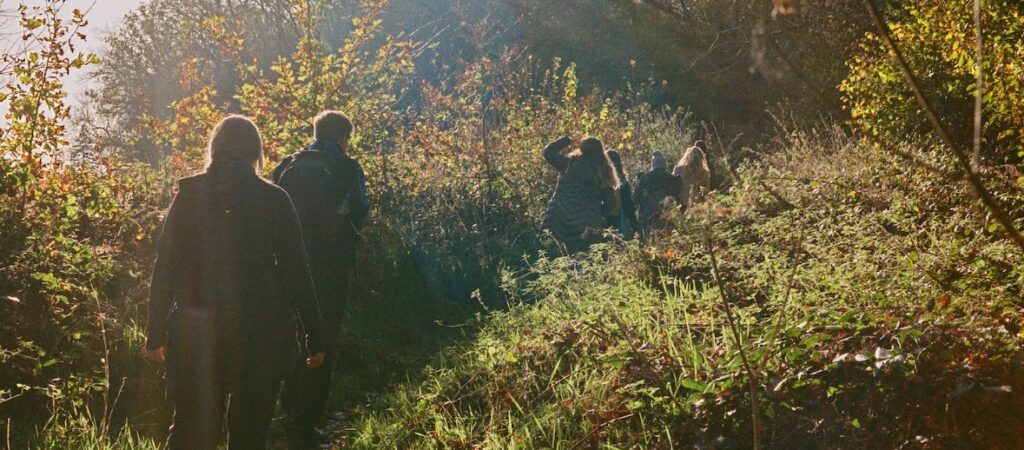
Don’t light fires when you’re out in the countryside, keep them to the campsite instead.
You should also be careful with lighters and any naked flames in the countryside. Only use BBQs in areas where a sign specifically tells you that you can. This means you can enjoy a barbecue in the countryside or on the beach, in an area that has bins specifically for the ashes so that you can dispose of them responsibly.
If you aren’t camping in a campsite, and would like to try out wild camping, then make sure you get permission from the landowner before you set up your pitch on their land.
You also need to get permission for freshwater swimming and freshwater fishing.
If you’re keen on wild camping, or just incorporating the back-to-basics ethos into your usual camping trip then here is a general guide on back-to-basics camping.
As long as you follow the countryside code, then you will be well-equipped to enjoy yourself in the countryside, whilst also respecting the people and animals who live there. Being responsible in the countryside means you can aid the conservation of animals and plants, helping to minimise the damage visitors might otherwise do.
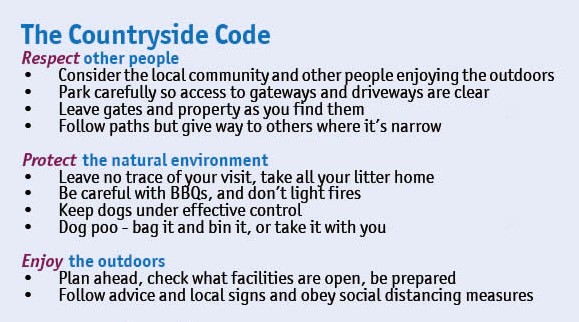
Here’s me signing out and thank you so much for reading.
Lily Crooke / Environmental and Recreational author
